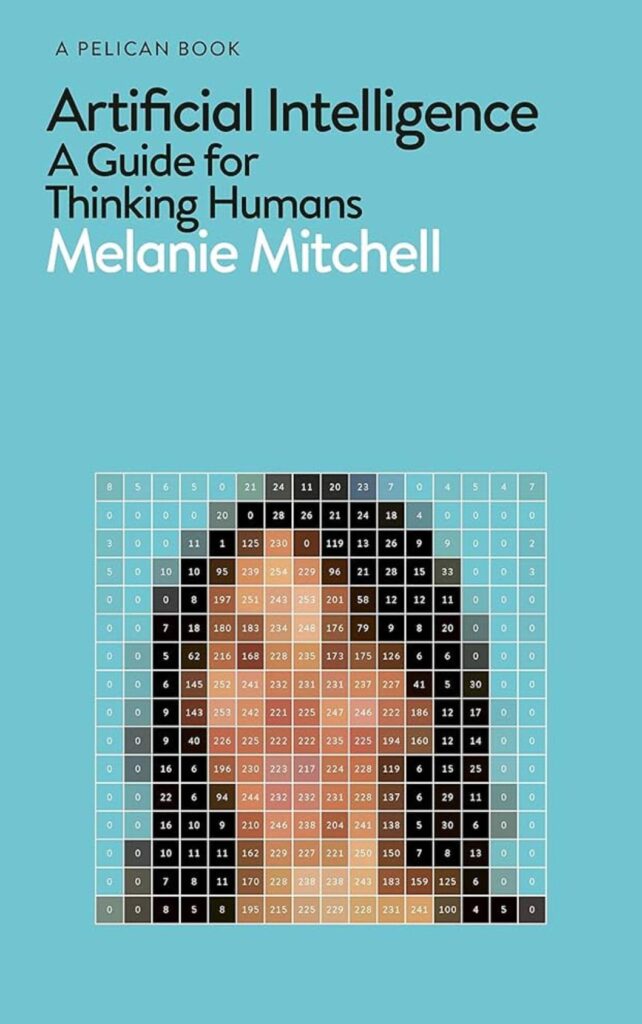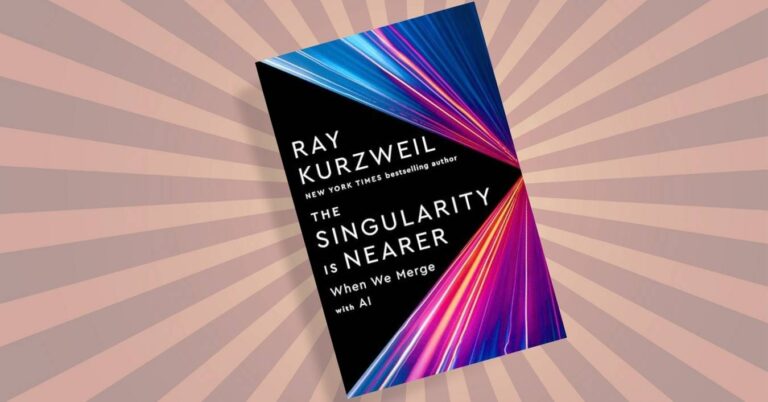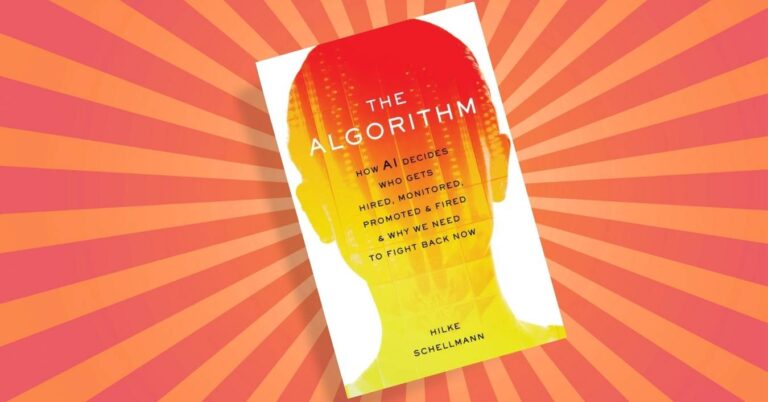
“Artificial Intelligence: A Guide for Thinking Humans” by Melanie Mitchell provides an accessible and engaging exploration of AI.
The book demystifies AI technologies, tracing their history, explaining their current capabilities and limitations, and pondering their future impact on society.
Mitchell aims to make complex AI concepts understandable to a broad audience, offering insights into how AI works and its potential implications for humanity.
Key Takeaways, Insights, and Views
- History of AI
- Explores the origins and evolution of AI, from early concepts to modern advancements.
- Highlights key milestones and influential figures in AI development.
- Current Capabilities of AI
- Discusses what current AI systems can do, including machine learning, natural language processing, and robotics.
- Emphasizes the strengths and limitations of these technologies.
- Understanding Machine Learning
- Explains the principles behind machine learning, including supervised, unsupervised, and reinforcement learning.
- Uses real-world examples to illustrate how machine learning algorithms work.
- Human vs. Machine Intelligence
- Compares human cognitive abilities with AI capabilities.
- Examines the differences in learning, reasoning, and perception between humans and machines.
- Ethical and Societal Implications
- Discusses the ethical concerns related to AI, such as bias, privacy, and job displacement.
- Explores the societal impact of AI, including potential benefits and risks.
- Future of AI
- Speculates on the future developments in AI and their potential impact on society.
- Highlights the importance of interdisciplinary research and collaboration in shaping the future of AI.
Core Concepts
| Concept | Explanation | Importance |
|---|---|---|
| Machine Learning | A subset of AI that involves training algorithms to learn from data. | Fundamental to understanding how modern AI systems operate. |
| Supervised Learning | A type of machine learning where the model is trained on labeled data. | Essential for many practical applications, such as image recognition and language translation. |
| Unsupervised Learning | A type of machine learning that finds patterns in unlabeled data. | Useful for clustering and anomaly detection tasks. |
| Reinforcement Learning | A type of machine learning where agents learn by interacting with the environment. | Key to advancements in robotics and game-playing AI. |
| Neural Networks | Computational models inspired by the human brain, used in deep learning. | Crucial for tasks like image and speech recognition. |
| AI Ethics | The study of moral issues surrounding AI development and deployment. | Important for ensuring AI technologies are developed responsibly and benefit society as a whole. |
| General vs. Narrow AI | General AI aims to perform any intellectual task that a human can, while narrow AI is specialized for specific tasks. | Understanding the distinction helps clarify the current state and future goals of AI research. |
Deeper Explanations of Important Topics
Machine Learning
- Explanation: Machine learning is a subset of AI that focuses on developing algorithms that enable computers to learn from and make predictions or decisions based on data. It includes supervised learning (trained on labeled data), unsupervised learning (finding patterns in unlabeled data), and reinforcement learning (learning through interactions with the environment).
- Importance: Machine learning is the backbone of many modern AI applications, from recommendation systems and voice assistants to autonomous vehicles and medical diagnostics. Understanding its principles is crucial for grasping how AI systems function and improve over time.
AI Ethics
- Explanation: AI ethics involves examining the moral implications of AI technologies, including issues like bias in algorithms, the impact of automation on jobs, privacy concerns related to data collection, and the potential for AI to be used in harmful ways.
- Importance: Addressing ethical issues is essential for ensuring that AI technologies are developed and used in ways that are fair, transparent, and beneficial to society. It helps build trust in AI systems and guides policymakers and developers in creating responsible AI solutions.
Actionable Insights
- Stay Informed on AI Developments
- Regularly read articles and research papers on AI to stay updated on the latest advancements and trends.
- Follow key AI researchers and organizations on social media and attend relevant conferences.
- Promote Ethical AI Practices
- Advocate for transparency in AI algorithms and data usage.
- Support initiatives that address bias and fairness in AI systems.
- Foster Interdisciplinary Collaboration
- Encourage collaboration between AI researchers, ethicists, sociologists, and policymakers.
- Participate in interdisciplinary projects that aim to address complex societal challenges with AI.
- Implement AI in Everyday Tasks
- Explore practical applications of AI tools in your personal and professional life, such as using AI-powered productivity apps or data analysis tools.
- Stay curious and experiment with different AI technologies to understand their capabilities and limitations.
- Educate Others about AI
- Share your knowledge of AI with colleagues, friends, and family to demystify the technology.
- Organize workshops or discussions to explore the ethical and societal implications of AI.
Quotes from "Artificial Intelligence: A Guide for Thinking Humans"
- “Understanding AI requires not just technical knowledge, but also an appreciation of its broader implications for society.”
- “Machine learning is revolutionizing how we interact with technology, but it also raises important ethical questions.”
- “The future of AI lies in interdisciplinary collaboration, bringing together diverse perspectives to address complex challenges.”
- “As AI systems become more advanced, the need for responsible development and deployment becomes even more critical.”
- “Artificial intelligence has the potential to transform our world, but it must be guided by human values and ethics.”
This summary of “Artificial Intelligence: A Guide for Thinking Humans” by Melanie Mitchell, is part of our series of comprehensive summaries of the most important books in the field of AI. Our series aims to provide readers with key insights, actionable takeaways, and a deeper understanding of the transformative potential of AI.
To explore more summaries of influential AI books, visit this link.






